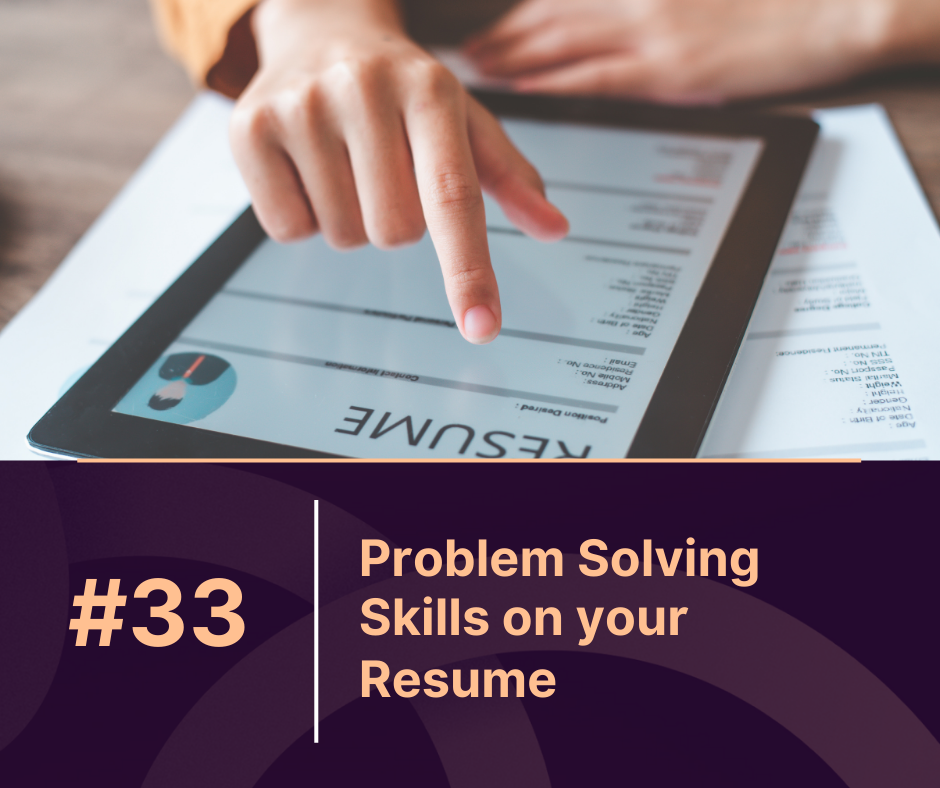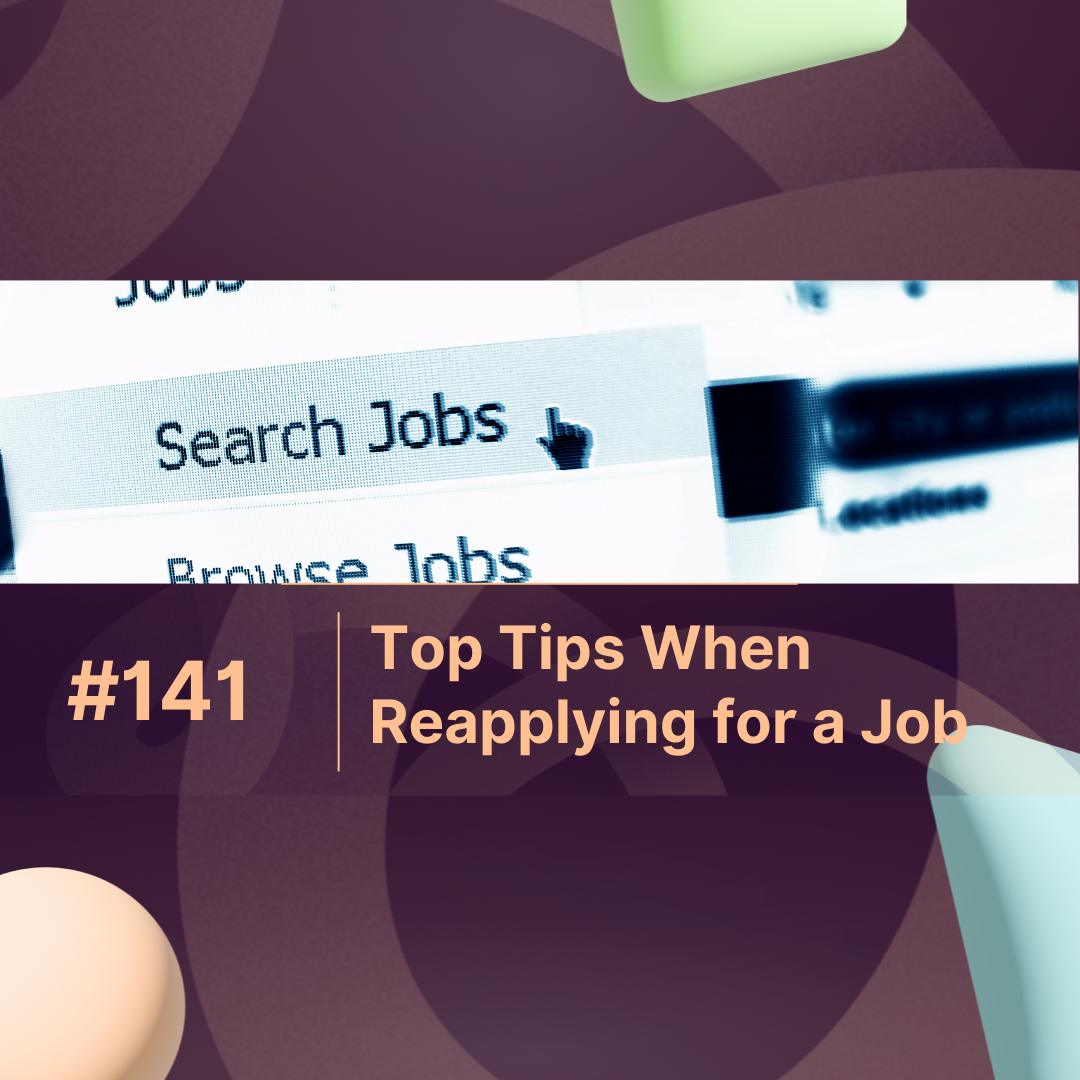Overview
If you’re not highlighting problem solving skills on your resume, you’re likely missing out on interviews.
In 2025, employers aren’t just hiring for experience—they’re hiring for thinking. Problem-solving proves you’re adaptable, resourceful, and ready to tackle real-world challenges.
To highlight problem solving skills on your resume, use action-oriented phrases, quantify results, and showcase how you resolved specific challenges. Place examples in your summary, bullet points, and skill sections to stand out in today’s AI-driven hiring landscape.
Why Problem Solving Matters in Every Job
Whether you’re in tech, finance, healthcare, or customer service, problem-solving is a top hiring priority.
According to LinkedIn’s 2024 Global Hiring Report:
76% of hiring managers rank problem-solving in their top 5 skills when screening candidates.
Why? Because every company faces challenges—and they want people who can fix them.
How to Identify Your Own Problem Solving Wins
Not sure what qualifies as “problem solving”? Ask yourself:
-
Did I resolve recurring customer issues or complaints?
-
Did I streamline a broken process or system?
-
Did I overcome roadblocks during a project or campaign?
-
Did I implement a creative solution that saved time or money?
If you said yes, you’ve already got examples—you just need to phrase them right.
Where to Add Problem Solving Skills on Your Resume
1. Your Resume Summary
Use your headline to position yourself as a solution-oriented professional.
Example:
“Detail-driven operations lead with a track record of solving complex workflow issues and cutting project delays by 30%.”
2. Your Work Experience (Use Action + Result)
| Role | Action Taken | Result Achieved |
|---|---|---|
| Customer Support Rep | Identified patterns in recurring complaints | Cut resolution time by 25% |
| Marketing Coordinator | Resolved campaign data discrepancies | Improved ROI attribution by 40% |
| Operations Analyst | Built an automated reporting tool | Reduced manual errors by 60% |
Use action verbs like: Resolved, Diagnosed, Led, Optimized, Implemented
3. Your Skills or Core Competencies Section
Include related phrases recruiters search for:
-
Analytical thinking
-
Strategic problem resolution
-
Troubleshooting experience
-
Creative solutions
-
Decision-making skills
-
Problem-solving mindset
Tip: These also help your resume pass ATS (Applicant Tracking Systems).
Resume Phrases That Show Problem Solving in Action
Plug these into your bullet points:
-
“Redesigned onboarding process to reduce new hire ramp time by 35%”
-
“Led root cause analysis that fixed a recurring system outage”
-
“Troubleshot technical issues, cutting downtime by 45%”
-
“Implemented a customer feedback loop that boosted satisfaction by 20%”
Each one shows initiative and impact.
Avoid These Mistakes
Don’t be vague
Saying “good at solving problems” doesn’t cut it. Show what you solved.
Don’t overstuff keywords
Keep it natural. ATS bots care about flow, not just buzzwords.
Don’t skip the numbers
Measurable results turn good examples into great ones.
Final Thoughts: Problem Solvers Get Hired Faster
In a market flooded with applicants, your ability to fix problems is your superpower. By showcasing problem solving skills on your resume, you instantly position yourself as someone who adds value, not just fills a role.
Want a Resume That Does the Work For You?
MaxProfile is your smart assistant for resume building—highlighting problem-solving, innovation, and leadership skills with AI-powered precision.
Don’t just write a resume. Build one that sells you.
FAQs
1. What are examples of problem solving skills?
Think: critical thinking, decision-making, creativity, conflict resolution, troubleshooting, and strategic planning.
2. Where should I showcase problem solving on my resume?
In your summary, work experience, and optionally a dedicated skills section.
3. Can I use numbers to describe soft skills like problem solving?
Absolutely. “Reduced customer wait time by 35%” is more powerful than “Handled customer queries.”
4. What if I’m entry-level?
Use internships, group projects, part-time jobs—even volunteering—to show how you overcame real-world problems.
5. How do I keep it from sounding generic?
Be specific, use verbs, and quantify where possible. Avoid fluff and focus on action + outcome.



